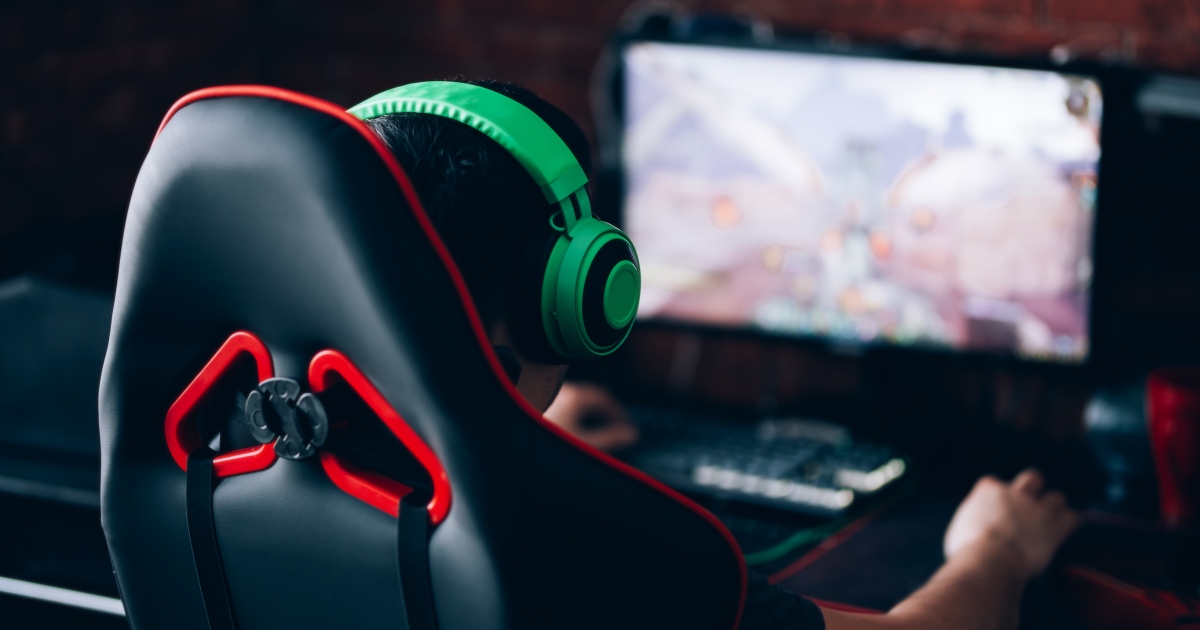In today’s complex and interconnected world, conflicts and disputes arise in various aspects of life, ranging from personal relationships to business transactions. Mediation has emerged as a powerful tool for resolving these conflicts, providing a neutral and structured process for parties to find mutually agreeable solutions. To become an effective resolution expert, it is crucial to develop a comprehensive mediation toolkit that encompasses essential skills, techniques and strategies. This article explores the key components of such a toolkit, highlighting the importance of ongoing training and development for mediation professionals.
Communication and Active Listening:
Effective communication lies at the heart of successful mediation. Resolution experts must hone their skills in active listening, allowing them to understand the underlying concerns, emotions and needs of the parties involved. By creating a safe and respectful environment for open dialogue, mediators can facilitate productive conversations that foster trust and promote understanding.
Emotional Intelligence and Empathy:
Emotional intelligence and empathy are invaluable qualities for resolution experts. Mediators need to be able to recognize and manage their emotions and navigate the emotional landscape of the disputants. By showing empathy, mediators can build rapport; establish connections and help parties find common ground. Emotional intelligence enables mediators to remain impartial and neutral while guiding the process effectively.
Conflict Analysis and Problem-Solving:
A strong mediation toolkit includes the ability to analyze conflicts and identify the underlying issues. Mediators should be equipped with problem-solving techniques to help parties generate creative and mutually beneficial solutions. By exploring interests, needs and underlying motivations, resolution experts can guide parties toward reaching agreements that address the root causes of the conflict.
Facilitation and Negotiation Skills:
Mediators serve as impartial facilitators, guiding parties through the mediation process. It is crucial for resolution experts to develop effective facilitation and negotiation skills. Click Here These skills include managing power dynamics, handling difficult emotions and fostering a collaborative atmosphere. By employing various negotiation strategies, mediators can assist parties in reaching compromises that satisfy their interests.
Ethical Standards and Professional Conduct:
Maintaining ethical standards and professional conduct is fundamental in the field of mediation. Resolution experts must adhere to principles of neutrality, confidentiality and fairness. Ongoing training and development help mediators stay updated on ethical guidelines and best practices, ensuring they provide a safe and equitable environment for all parties involved.
Conclusion:
A comprehensive mediation toolkit is essential for resolution experts to navigate the complexities of conflict resolution. By continuously developing their skills in communication, active listening, emotional intelligence, conflict analysis, problem-solving, facilitation, negotiation and ethical conduct, mediators can enhance their ability to facilitate successful resolutions. Ongoing training and professional development are crucial to stay abreast of the latest research, techniques and emerging trends in the field. By refining their mediation toolkit, resolution experts can make a positive impact, fostering harmony and promoting effective dispute resolution in a variety of settings.


